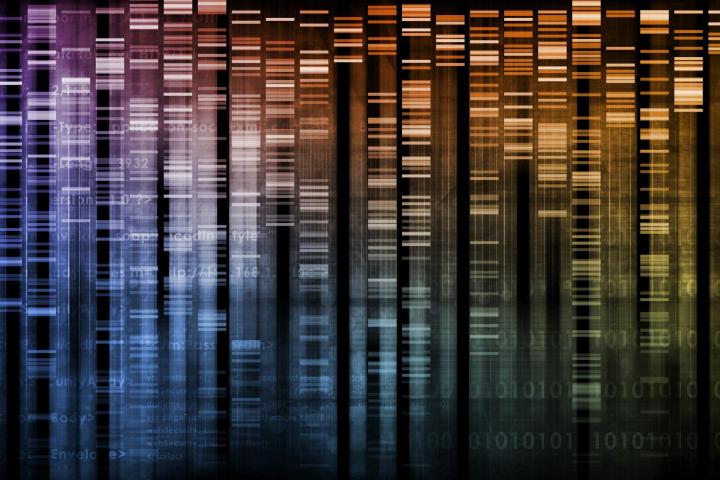
In recent months, there has been a concerted impetus from the tech community to partner with researchers and scientists, combining software and hardware innovations with the more specialized know-how of medical professionals. There was the announcement in May regarding Apple’s partnership with American researchers to “help launch apps that would offer some iPhone owners the chance to get their DNA tested,” and the more recent activation of the Google Genomics Lab and Broad Institute partnership to combine the processing power of the Google cloud with the expertise of Harvard and MIT researchers.
All these developments, BaseHealth CEO Prakash Menon says, is part of what he calls the “third wave” of genomics, “focused on integrating genomic data with other types of data.” The first wave came about with the early 1990s debut of the Human Genome Project, soon followed by the second wave, categorized by the leveraging of “fast, cheap genome-sequencing technology for disease treatment and therapy.”
But now, Menon believes, we are in the process of discovering “a wide variety of health and well-being apps and platforms will be able to do things like connect variants to environmental, lifestyle, dietary, and activity related factors, guiding both sick and healthy people towards a fundamentally better quality of life.”
And as exciting as all this is, it’s the next wave, the fourth wave, that Menon is particularly excited about. The continued exploration and subsequent understanding of human biology, coupled with advances in technology will almost inevitably lead to a genomic API. As Menon says, “If genome sequencing is fast and cheap, analysis and interpretation are accurate, and genomic data is put into a wider context so that we can leverage insights in daily practice, many new things quickly become possible.” A few of the potential applications he notes in a guest post for VentureBeat include:
- Pharmacy support systems that integrate with your genome to ensure that prescription drugs are ideal for the subject, maximizing efficacy and reducing side effects
- Organ and/or bone marrow donor matching application that uses the genome to make the process of matching more streamlined and efficient
- An athletic training application that uses genetic information to adjust routines, rest periods, supplements, and diet
“I can even imagine,” Menon writes, “a world in which online role playing/MMO games use a genomic API to build worlds around each player that reference his or her molecular reality.” The possibilities are endless, and we’re just now starting to realize our full potential — welcome to the future.


